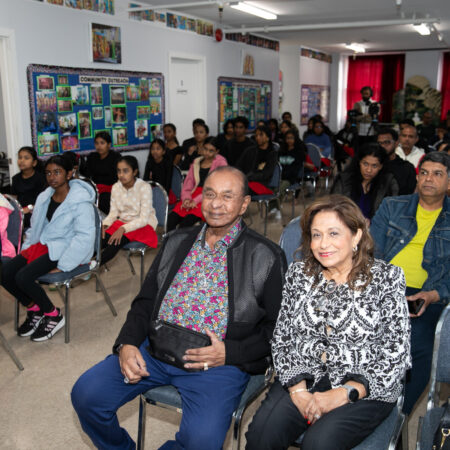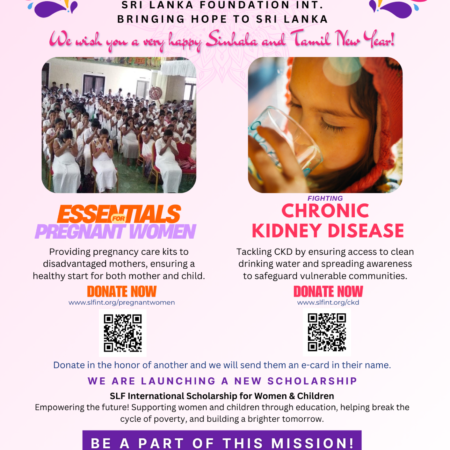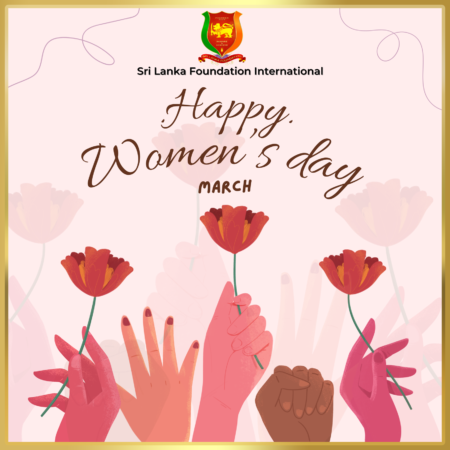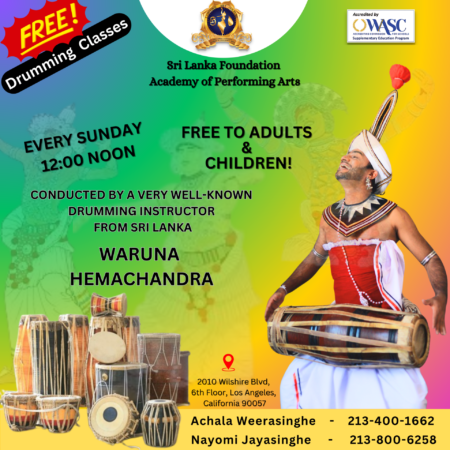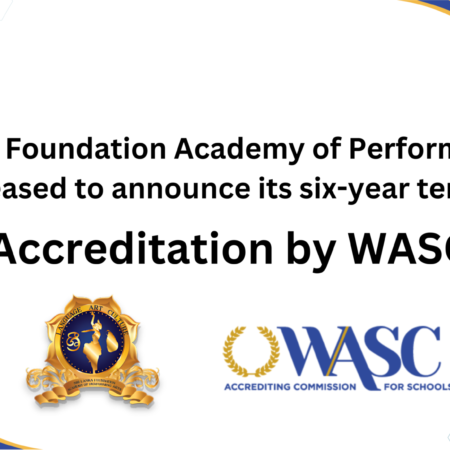Associate Prof Udantha Abeyratne is a Senior Member of the Institute of Electrical and Electronic Engineers, USA, and a Member of the Australasian Sleep Disorders Association. His research expertise is in medical instrumentation and signal processing. He leads several research projects in developing algorithms and electronic implementations for diagnosing and treating sleep apnea and respiratory diseases such as pneumonia. Among the notable recent success in this area is a pioneering and fully automated technology to diagnose sleep apnea by the analysis of snoring (and breathing) sounds, wearable technology for the quantitative, real-time estimation of daytime sleepiness in work environments, and a unique automated technology for the diagnosis of childhood pneumonia in resource-poor regions of the world.
Associate Prof Abeyratne received the Bachelor’s degree from the University of Peradeniya, Peradeniya, Sri Lanka, the Master’s degree from the University of Tokushima, Tokushima, Japan, both in electrical and electronic engineering, and a Ph.D. degree in biomedical engineering from Drexel University, Philadelphia, PA, USA, in 1996. He is currently an Associate Professor at the University of Queensland, St. Lucia, Qld, Australia.
A Brisbane-based company that invented a smartphone app it says can diagnose COVID-19 and other respiratory illnesses by listening to someone cough has been purchased by Pfizer for nearly $180 million.ResApp Health Limited uses diagnostic technology developed by Associate Professor Udantha Abeyratne and his research team at the University of Queensland (UQ) to record and analyze a patient’s coughs on a smartphone.
The app also considers the self-reporting of simple symptoms like a runny nose or fever to diagnose and measure the severity of a range of pulmonary diseases, including asthma and pneumonia. Pfizer, one of the world’s largest bio-pharmaceutical companies, offered to buy ResApp earlier this year when it announced positive results for its COVID-19 screening test.
Recent studies have shown that the app had a 92 percent success rate in diagnosing the virus among symptomatic patients, but more clinical trials were needed to gain regulatory approval. However, a Pfizer spokesperson said they were encouraged by the data they had seen so far, and the $179 million acquisition, finalized, was another move toward enhancing the company’s expertise in digital health.
His research interests include medical instrumentation and signal processing. Last two decades, he has been leading research programs developing unorthodox new technologies for diagnosing sleep apnea and respiratory diseases, such as childhood pneumonia. He is particularly interested in portable technologies that have applications worldwide, including in remote resource-poor regions. A/Prof. Abeyratne is a Member of the American Association of Sleep Medicine.
A/Prof Abeyratne’s work has attracted funding from prestigious agencies such as the Australian Research Council (ARC) and The Bill & Melinda Gates Foundation, USA. Research outcomes are currently being implemented on portable electronic devices and smart mobile phones. A/Prof Abeyratne is also active in new treatment devices for ultrasound imaging (medical and agricultural use), biomimetic technology for condition monitoring of transformers, and electrophysiological signal processing.
A/Prof Abeyratne confirmed that the smartphone technology, which was developed in consultation with medical practitioners, operates similarly to a doctor using a stethoscope to listen for sounds produced by a patient’s body.








![TV-Poster-All-Exhibition-Sri-Lanka-in-Focus-USA-2025[1]](https://www.srilankafoundation.org/wp-content/uploads/2025/04/TV-Poster-All-Exhibition-Sri-Lanka-in-Focus-USA-20251-450x450.jpg)
